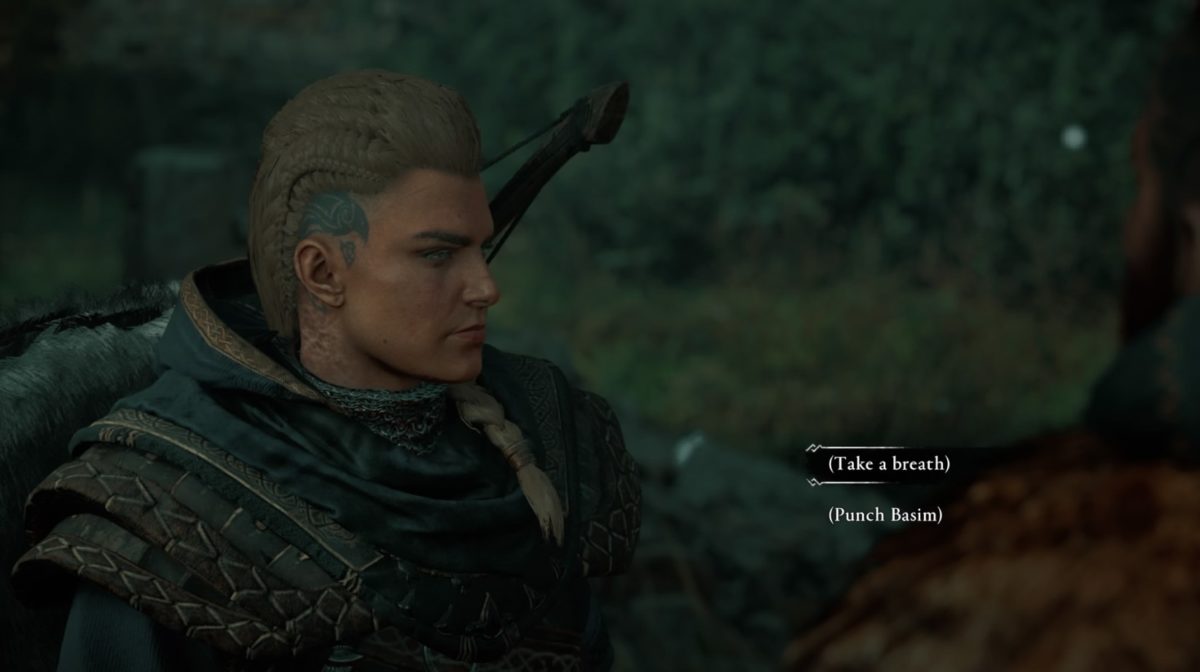
Assassin’s Creed: Valhalla is, ostensibly, a viking simulator—you play as Eivor, who, depending on your preference, is either a Violent, Terse Viking Man or a Violent, Terse Viking Woman. After an extended sequence in the ice-sharpened mountains of Norway, you’re dumped into pastoral England in the late 9th century, where you plunder countless monasteries, burn countless villages, and assassinate countless people, presumably because Eivor adheres to some sort of… creed? Why all this happens, and what her creed might be, is unclear. I’ve played several of Ubisoft’s enormous and enormously popular Assassin’s Creed games, but if you were to ask me about the tongue-tying mythology that presumably glues all of them together, I would respond with a dumb, glassy gaze.
You have reached your article limit
Sign up for a digital subscription and continue reading all new issues, plus our entire archives, for just $1.50/month.
Already a subscriber? Sign in




